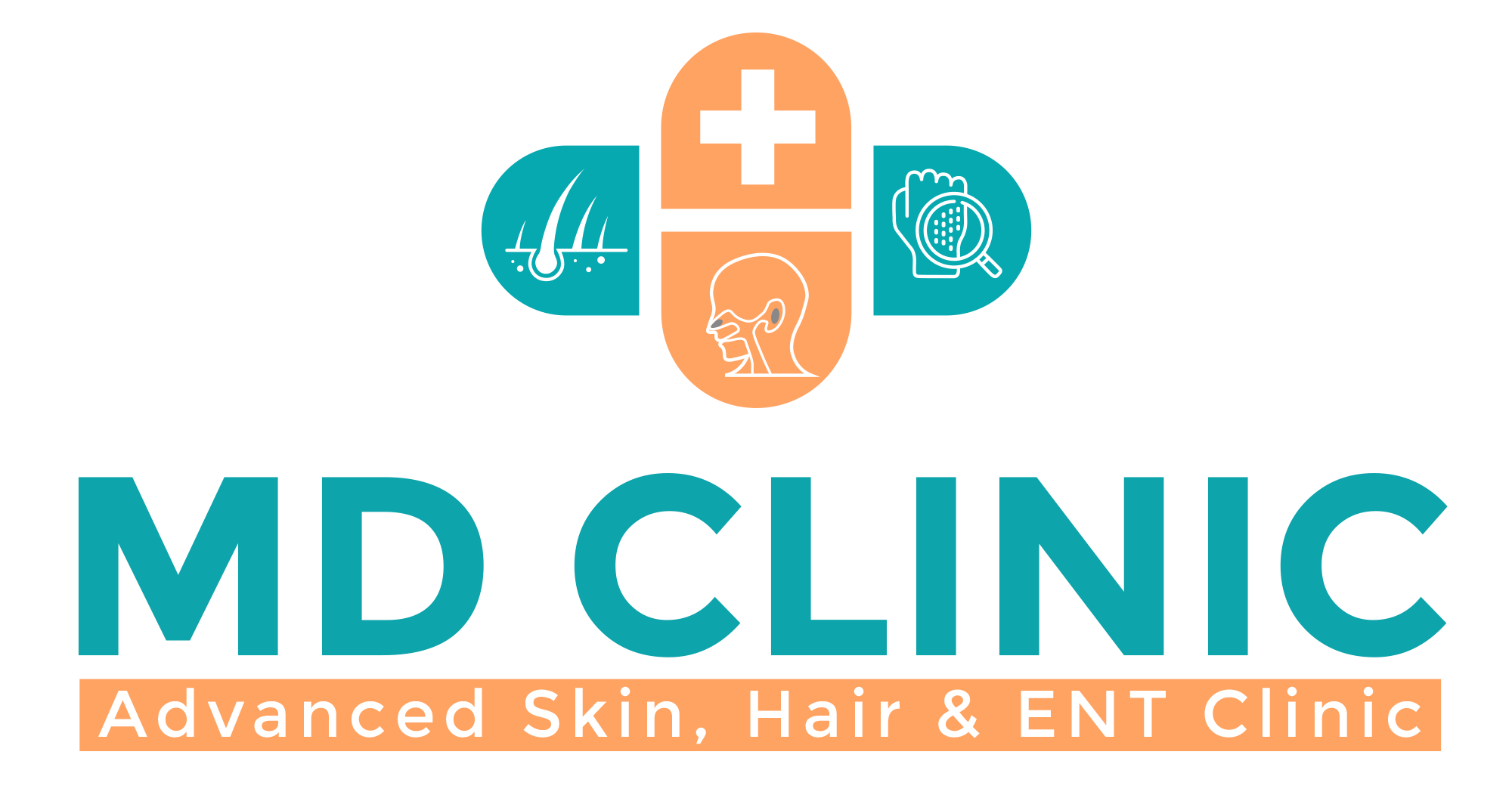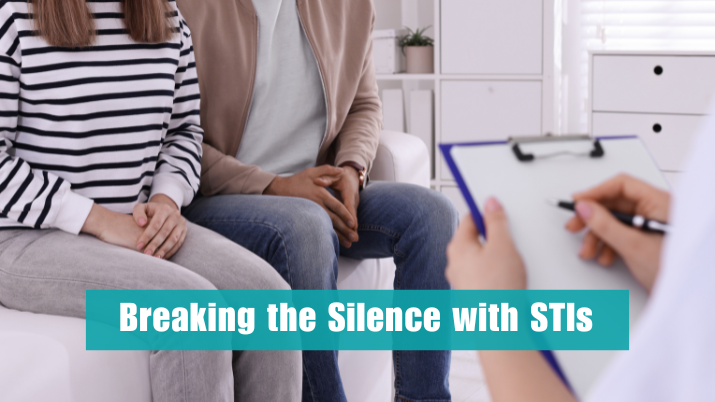Sexually Transmitted Infections (STIs) are more common than most people think, but the stigma surrounding them often keeps the conversation in the dark. This STI Awareness Week, let’s shed light on what STIs really are, how they impact health, and most importantly, how we can prevent and manage them with confidence and care.
What Exactly Are STIs?
STIs are infections that are primarily spread through sexual contact, including vaginal, anal, and oral sex. Some can also be transmitted through non-sexual means, such as blood transfusions, shared needles, or from mother to child during childbirth.
And here’s something important to remember: having an STI doesn’t mean someone was careless or “dirty.” These infections are medical conditions, like any other, and deserve understanding, not judgment.
Common STIs You Should Know About
1. Chlamydia – Often silent, but if left untreated, it can lead to infertility.
2. Gonorrhea – Can affect genitals, throat, or rectum; early treatment is key.
3. Syphilis – Goes through stages, and untreated cases can become life-threatening.
4. HPV (Human Papillomavirus) – Some strains cause genital warts; others are linked to cancers.
5. Herpes (HSV) – Causes painful sores but is manageable with medication.
6. HIV – Affects the immune system and requires lifelong treatment.
7. Hepatitis B & C – Viruses that impact liver health and can be sexually transmitted.
Signs and Symptoms: What to Watch Out For
Some STIs show no symptoms at all, especially in the beginning. That’s why routine testing is so important. But if symptoms do appear, they may include:
- Burning during urination
- Genital sores, blisters, or warts
- Unusual discharge
- Pain during sex
- Itching or irritation
- Lower abdominal pain
Even if you feel fine, it’s always better to be sure.
Diagnosis & Treatment: The Sooner, the Better
Getting tested is simple—through urine, blood tests, or swabs. And the good news? Most bacterial STIs (like chlamydia and gonorrhea) are completely curable with antibiotics. Some viral infections can be cured, while a few viral infections (like herpes and HIV) can’t be cured, but they can be managed effectively with medication and support.
How to Protect Yourself (and Others)
- Use condoms correctly and consistently
- Get vaccinated (especially for HPV and Hepatitis B)
- Limit your number of partners and communicate openly
- Avoid sharing needles or intimate items
- Get tested regularly, especially if you’re sexually active with new or multiple partners
It’s Time to End the Stigma
STIs are a public health issue , not a moral one. Judging or shaming others only pushes the problem underground. By normalizing regular STI screening and having open conversations, we help create a world where people feel safe seeking help when they need it.
This STI Awareness Week, let’s:
✔ Get tested
✔ Get informed
✔ Break the stigma
✔ Support each other

